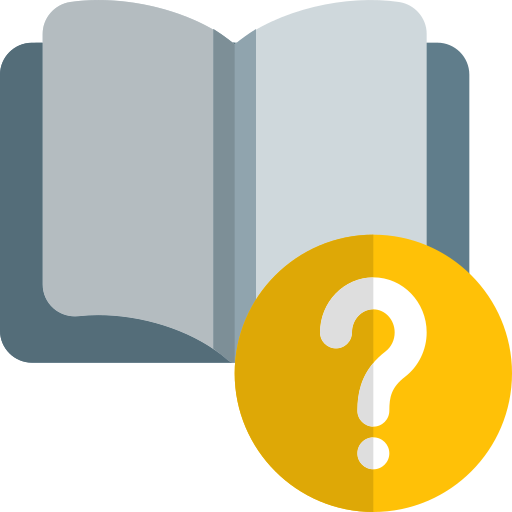Course Syllabus
Welcome to Info Sec (14741)
***If you feel unwell, please stay home, take care of yourself, and get medical help if needed.***
Class Time and Location
Section A M W 11:00 am – 12:20 pm Eastern time CIC DEC (1201)
RecitationTime and Location
Section A F 11:00 am – 11:50 pm Eastern time CIC DEC (1201)
We use CampusWire for discussion, Q&A, and course announcements.
-
- You should receive an email invite, if you did not receive an invite, please let us know
- For further guidance on using Campuswire and expectations, click here
We use Canvas for handing out assignments, lecture slides, and access to your grades.
Class recordings
Recordings become available 48 hours after class. Click here for details.
Submissions
-
- HW submissions should be on Gradescope.
- All other submissions are on Canvas.
 Instructor: Dr. Hanan Hibshi (hhibshi at cmu : edu)
Instructor: Dr. Hanan Hibshi (hhibshi at cmu : edu)
Office hours
-
- In-person, walk-in: Thursdays 4 -5 PM Eastern Time at Dr. Hibshi's office; the INI Building room, 123
- Zoom: for special circumstances, email the instructor for an appointment
Group Meetings with TAs
You will be assigned a TA mentor for weekly check-in meetings on assignments progress.
Please check campuswire to know your group assignment with TAs.
Please click here for Meetings times and zoom links.
Homework Open General Office Hour Every Tuesday 7-9 pm @ CIC 1201
Optional; please use CMU OHQ to queue yourself for the office hour with one of the TAs.
 Deadlines and Extensions
Deadlines and Extensions 
The course has hard deadlines. No extensions.
However, we offer the following adjustments for more flexibility:
- Quizzes and in-class activities: The lowest two grades from quizzes and activities will not be counted.
- HW assignments: We offer five grace days that a student can use when needed; click for more details.
 Short Guide
Short Guide
Schedule of topics/due dates in PDF
List of reading to complete before class (Modules)
Lecture slides/assignments/quizzes (Modules)
CTF Server Connection Guides(Windows, Linux/Mac)
Interacting with CTF problems using Python
 CMU Library
CMU Library
All of the articles are provided free of charge and can be accessed either directly from the provided links, or via the CMU Libary.
 Peer Discussion and Academic Integrity
Peer Discussion and Academic Integrity
Students are encouraged to talk to each other, to the T.A.(s), to the instructor, or to anyone else about any of the homework assignments. Any assistance, though, must be limited to discussion of the problem and sketching general approaches to a solution. Each student must write out their own solutions to the homework. Consulting another student’s solution is prohibited and submitted solutions may not be copied from any source. These and any other form of collaboration on assignments constitute cheating. Any form of collaboration is strictly prohibited on the quizzes and is considered cheating. If you have any questions about whether some activity would constitute cheating, please feel free to ask. Cheating on an assignment/exam will result in failure of the course, and the university administration (department, college) will be notified per the appropriate procedures.
Simply stated, feel free to discuss problems with each other, but do not cheat. It is not worth it, and you will get caught.
Since the class allows for high-level discussions among students and to be clear we will provide examples below of what is/isn’t high-level discussion. When in doubt about whether a discussion is allowed or not, please reach out to the instructor and/or the TAs.
The following are examples for what is considered high-level discussion:
- Mentioning/explaining GENERAL syntax. For example, how to “pipe” between C and Python.
- Explaining Unix/Linux commands
- Mentioning/explaining a good tool for debugging
- Explaining the content from the book/lecture
- Providing websites for tutorials or general information that would enhance everyone understanding
- Sharing hints that originally came from TAs (TAs provide hints in recitations, office hours etc.)
The following are examples for what is NOT considered high-level discussion and will result in an Academic Integrity Violation (AIV):
- Sharing code to be used for the solution
- Sharing detailed “how to’s” for solutions
- Sharing quiz codes
- Sharing CTF Flags
- Providing specific details about what to write and what to change in the code
- Looking at each other’s code (in-person, online, etc.)
Please download the FULL version of the course Syllabus: 14741_S23_Syllabus.pdf
Course Summary:
| Date | Details | Due |
|---|---|---|